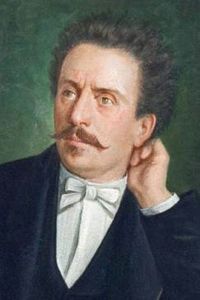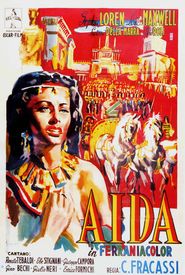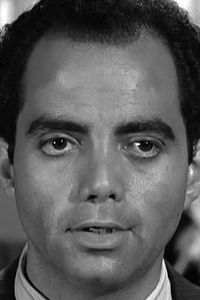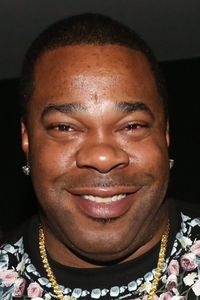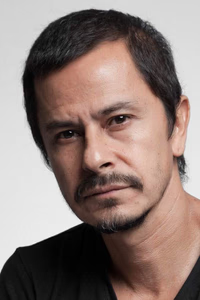Antonio Ghislanzoni was a multifaceted Italian figure, renowned for his contributions to journalism, poetry, and novel writing, as well as his librettos for renowned composers.
Born on November 25, 1824, in Lecco, Lombardy, Ghislanzoni initially studied at a seminary, but was expelled in 1841 due to his poor conduct. He then pursued a brief stint in medicine at the University of Pavia, before abandoning it to focus on his singing career as a baritone and literary pursuits.
In 1848, Ghislanzoni founded several republican newspapers in Milan, inspired by the nationalist ideals of Mazzini. However, he was forced to flee to Switzerland after the French arrested him during his travels to Rome.
The mid-1850s saw Ghislanzoni shift his focus to journalism, becoming the director of Italia musicale and editor of the Gazzetta musicale di Milano. He also founded L'uomo di pietra and Rivista minima, collaborating with notable figures like Arrigo Boito.
In 1869, Ghislanzoni retired from journalism and returned to his native Lombardy, dedicating himself to literature and writing libretti for operas. During this period, he penned numerous short stories in verse and novels, including Un suicidio a fior d'acqua, Angioli nelle tenebre, La contessa di Karolystria, Abracadabra, and Storia dell'avvenire.
Ghislanzoni's literary output also included Gli artisti da teatro, a novel about theatrical life, which was republished in the 20th century. Additionally, he published musical essays, with Reminiscenze artistiche being a notable example.
Throughout his career, Ghislanzoni wrote approximately eighty-five libretti, including Edmea for Catalani, Aida, Fosca, Salvator Rosa, I Lituani, and the revised version of La forza del destino. He also contributed to the Italian translation of Verdi's Don Carlos.
Ghislanzoni passed away on July 16, 1893, at the age of 69, in Caprino Bergamasco, Bergamo. He was an atheist.
